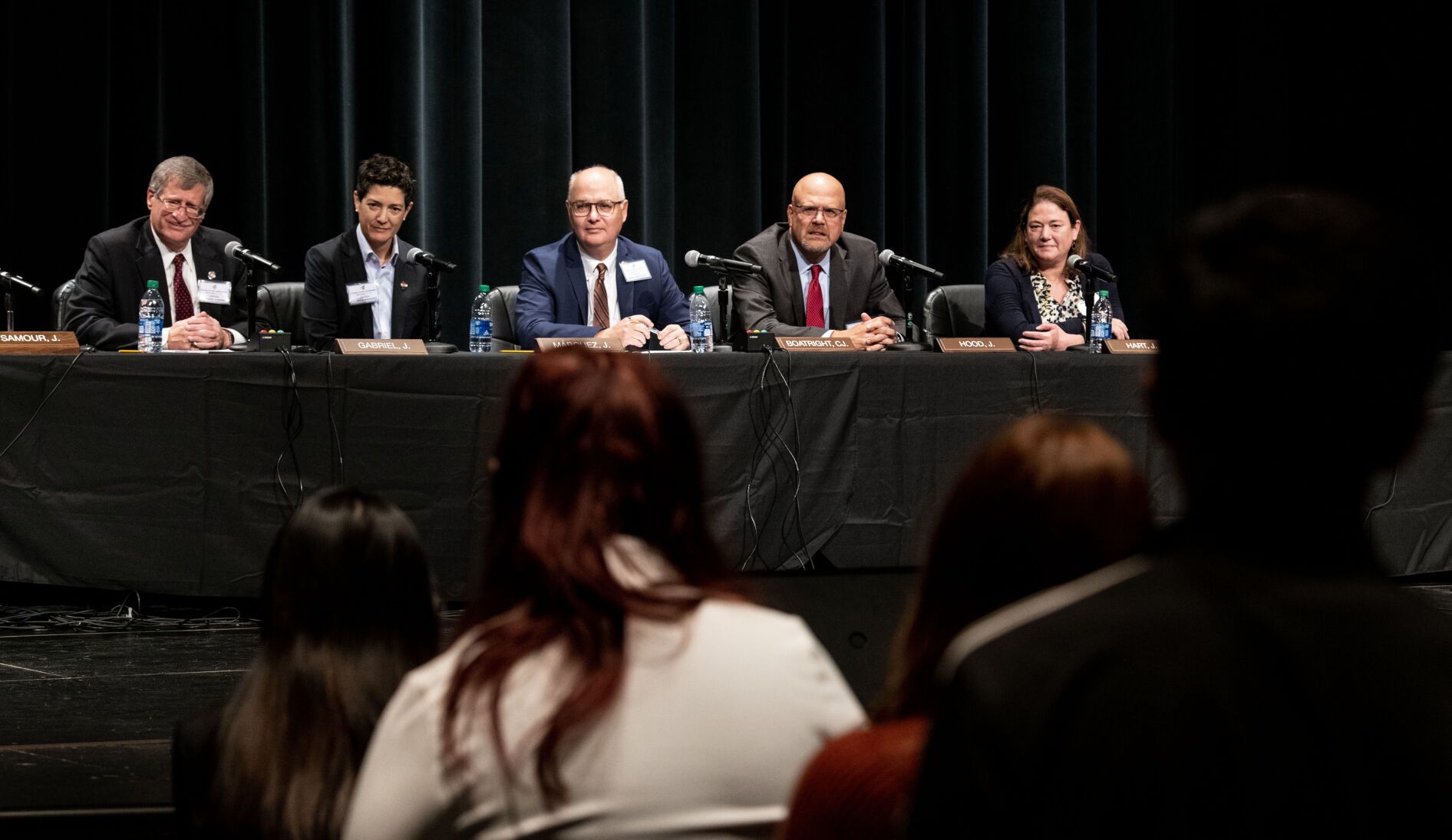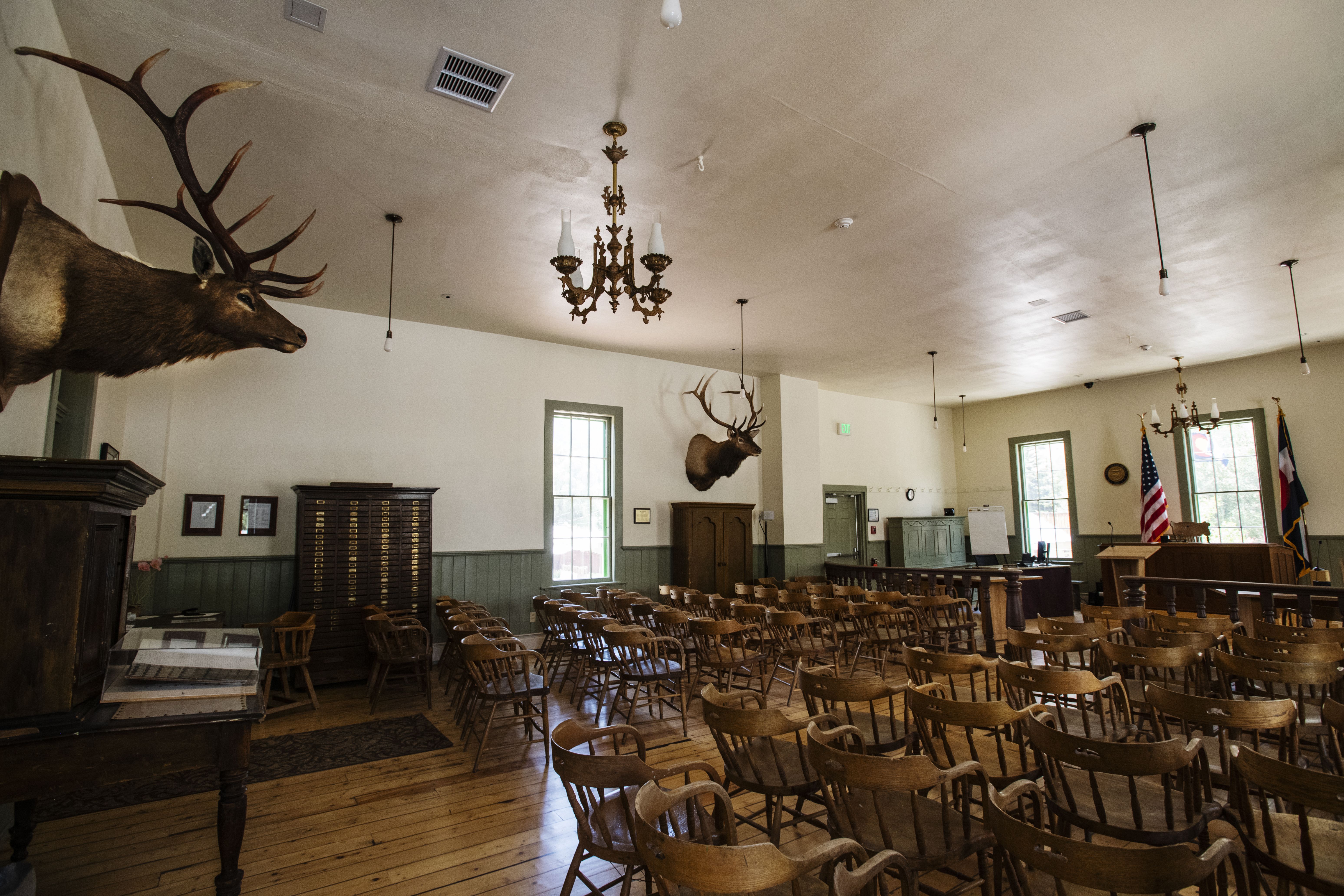‘Everything’s fair game’: Justice Melissa Hart speaks about potential family law initiatives

The Colorado Supreme Court is looking to other states for potential improvements to the administration of family law, which may include the establishment of a specialty court, Justice Melissa Hart said last week.
Hart spoke at the Family Law Institute’s multi-day conference in Vail, appearing for a session titled “Shaping the Future of Family Law: Judicial Innovation in Colorado.” She told Colorado Politics in a subsequent interview that the Supreme Court’s priorities include the adoption of a large package of rules that received a public hearing in May.
“All the details are being sorted out because of comments that came in,” Hart said, adding that legislation in 2026 will be necessary to facilitate some components.

“We’re considering lots of different alternatives” beyond the rules, she continued. “We are really looking actively at what other states are doing and how we might be able to implement those (ideas). I think the attitude that we have is kind of an ‘everything’s fair game’ attitude. We just really want to make the courts work for families.”
Among the proposals the Supreme Court is pondering is a “specialty court” that litigants could elect to use for their domestic relations cases. Hart described the concept as akin to Denver Probate Court or Denver Juvenile Court, in which a small number of judges handles specific categories of cases that are otherwise spread out among district judges in other Colorado jurisdictions.
She pointed to Massachusetts, which operates a specialty court in one jurisdiction, in which parents can voluntarily “resolve their differences with less conflict and with a focus on each family member.”
The concept, if it came to Colorado, “would be something that families could opt-into, but would not replace the regular court,” Hart said.
As part of the proposed rules for domestic relations cases currently undergoing Supreme Court review, there would be “informal domestic relations trials” for divorce, child support and custody matters — mostly when neither side is represented by a lawyer.
Although the rules lay out the specifics of what informal trials entail, the general idea is to eliminate cross-examination and permit the judge to hear from and ask questions of both parties directly. The rules of evidence also would not strictly apply, and judges would not weed out evidence that might normally be inadmissible. As proposed, judges “may allow” a party to opt-out of the informal trial, and they may also “refuse to allow” the parties to use the informal route.
During the court’s public hearing on the rules, some commenters debated whether litigants should have to opt-in or opt-out of the informal procedure. Lawyers who were concerned about the proposal worried that self-represented litigants would give up certain procedural protections in an informal system, whereas people with attorneys would retain the right to call witnesses and object to evidence.

However, Hart said the informal procedure, which other states have already implemented, will benefit litigants.
“To ask an unrepresented party to learn the rules of evidence and make objections or present evidence in accordance with the rules of evidence — lots of people go to law school for three years to figure these things out. And parties are just coming in to try to appropriately reorganize their family circumstances,” she said. Under the informal method, “the parties don’t need to take on that legal work. It doesn’t mean the legal standards go out the door. The legal standards still apply. It’s just that the judge takes the responsibility for applying the legal standards.”
The Supreme Court is still fine-tuning the specifics of the informal trial procedure, but Hart said the justices support the notion of a simplified process where judges have more control when dealing with untrained and unrepresented litigants.
“I have watched unrepresented people in court when they are asked to apply the rules of evidence and I have watched how humiliating it is,” she said. “Why do we do that to people?”
Hart indicated the Supreme Court may also look at whether certain types of cases can be handled “through an administrative process” without a judge’s involvement. While further exploration has not yet happened, she said the purpose behind the idea is to shorten the time it takes to arrive at a resolution.













